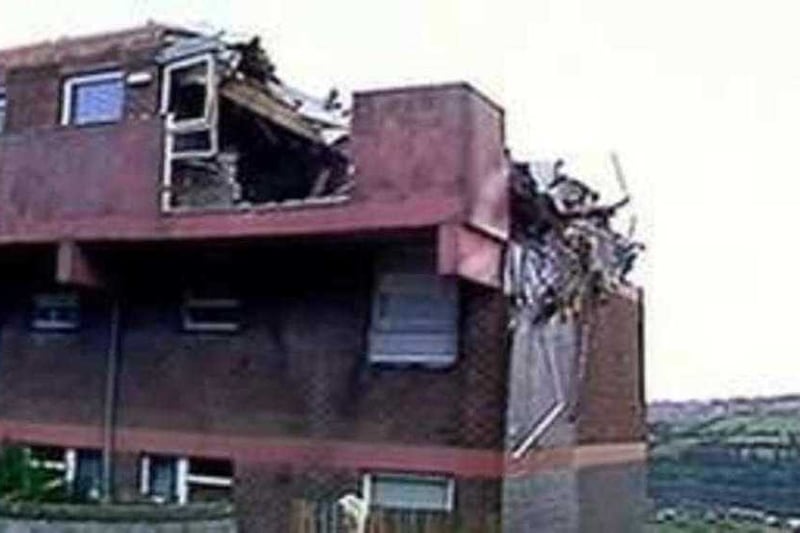ORDERING a new inquest into the IRA killing of three neighbours 27 years ago will not lead to the identification of those responsible, the High Court heard yesterday.
Counsel for the Attorney General also claimed an unprecedented legal challenge to his decision not to hold fresh tribunals into the so-called Good Samaritan bomb attack in Derry is probably doomed to fail.
Two men and a woman were killed in the booby-trap explosion at a house in the city's Creggan area in August 1988.
Lawyers for one of the victim's families contend that an obligation to re-examine the deaths has been revived by a Police Ombudsman report which found the RUC had information about the planned terrorist strike but did not alert residents to the danger.
Attorney General John Larkin QC erroneously and irrationally concluded there would be no benefit in ordering a new inquest, according to their case.
It is the first case of its kind to challenge the decision-making powers of Northern Ireland's chief legal officer.
Proceedings have been brought by Dorothy Johnstone, whose 54-year-old father Eugene Dalton died in the bombing.
Sheila Lewis (68) was also killed in the blast while a third victim, 57-year-old Gerard Curran, died months after being pulled from the rubble.
The attack became known as the 'Good Samaritan bomb' because the three friends had gone to check on the whereabouts of a neighbour kidnapped earlier by the IRA.
The Provisionals later apologised, admitting it planted the booby trap device in a bid to kill soldiers.
In 2013 Police Ombudsman Dr Michael Maguire identified a failure in the police obligation to protect the lives of the public.
Ms Johnstone's legal team are seeking leave for a judicial review, arguing that investigative obligations under Article 2 of the European Convention on Human Rights have been rekindled by the Ombudsman's findings.
They insisted that a new inquest which could establish responsibility for police failures.
But in court yesterday David Scoffield QC, for the Attorney General, claimed the challenge should not pass the first hurdle.
A fresh inquest is unnecessary even if such a duty has been revived, Mr Justice Maguire was told.
"In this case the investigation which the Police Ombudsman undertook identified some additional materials about the intelligence picture available to police, but it didn't take further the issue of who the actual perpetrators of these killings were," Mr Scoffield pointed out.
"There's no suggestion that the inquest is in any way likely to lead to any significant progress on that key issue."
In a further submission, he said the Ombudsman's probe itself was capable of satisfying any Article 2 obligations.
"Every time there's an investigation, if it has some degree of success in discovering something, that can't be used as a springboard for saying 'Aha, we have to have a further investigation'."
Adjourning the application, Mr Justice Maguire said he wanted to wait for the outcome of a separate Supreme Court case.
He said: "I'm aware that there's a coming authority which may shed some light on the issues."








